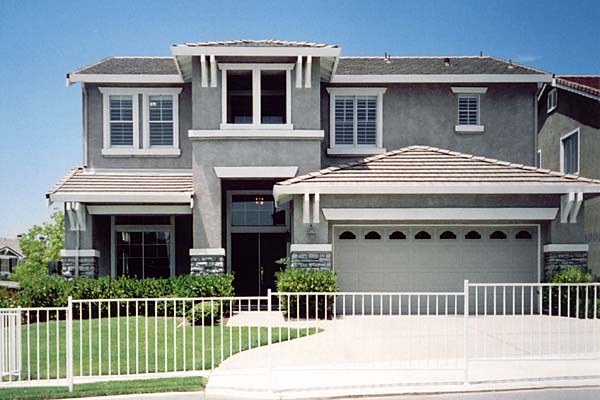RESIDENTIAL
The Importance of Residential Real Estate: Finding Your Ideal Home
Understanding Residential Real Estate
Residential real estate refers to properties designed for individuals and families to live in. These properties can range from modest starter homes to luxurious estates, catering to diverse preferences and lifestyles. The residential market is influenced by various factors such as location, housing trends, and economic conditions, making it a dynamic and ever-evolving sector within the broader real estate industry.
Types of Residential Properties
Single-Family Homes:
These stand-alone dwellings offer privacy and independence, making them a popular choice for families and individuals seeking a sense of ownership and space.
Condominiums:
Commonly known as condos, these units are part of a larger complex and often provide amenities such as swimming pools, fitness centers, and security services, appealing to those seeking a low-maintenance lifestyle.
Apartment Buildings:
Multi-unit properties offer rental opportunities and a sense of community, making them an attractive option for individuals looking for convenience and social connectivity.
Townhouses:
Often characterized by their shared walls and multiple floors, townhouses blend the benefits of single-family homes and condominiums, offering a balance of privacy and communal living.
Factors to Consider When Choosing a Residential Property
Location
Location
Proximity to essential amenities such as schools, healthcare facilities, shopping centers, and public transportation.
Consideration of neighborhood safety, community vibe, and access to recreational spaces.
Property Features
Size of the property and number of bedrooms and bathrooms to accommodate your lifestyle and future needs.
Outdoor space, parking availability, and any additional features like a backyard, balcony, or garage.
Budget and Affordability
Evaluation of mortgage options, property taxes, homeowners' association fees, and potential maintenance costs.
Balancing desired features with financial constraints to ensure a sustainable investment.
Long-Term Considerations
Anticipation of future life changes such as family expansion, career developments, and potential resale value of the property.
Assessment of the neighborhood's growth potential and its impact on property appreciation over time.
Conclusion
Residential real estate is not just about finding a place to live; it's about discovering a space that aligns with your lifestyle, aspirations, and financial well-being. Whether you're a first-time homebuyer or an experienced investor, the decision to invest in a residential property is a significant one that requires careful consideration of various factors. By understanding the nuances of the residential market and evaluating your needs and priorities, you can embark on a journey to find the perfect place to call home.
In the world of residential real estate, the search for the ideal home is a deeply personal and rewarding experience, and with the right knowledge and guidance, you can turn your housing aspirations into a reality.
MORE REAL ESTATE TERMS
A, B, C, D, E, F, G, H, I, J, K, L, M, N, O, P, Q, R, S, T, U, V, W, X, Y, Z
Featured New Home

Featured Mortgage Brokers
- SUMMIT MORTGAGE INC, FORT WAYNE, IN
8614 SAINT JOE RD
FORT WAYNE, IN 46835 - FIRST PRIORITY FINANCIAL INC, ROSEVILLE, CA
1050 OPPORTUNITY DR STE 145
ROSEVILLE, CA 95678 - GATEWAY FUNDING DIVERSIFIED MTG SRVS LP, CARMEL, IN
600 E CARMEL DR STE 169
CARMEL, IN 46032 - BANK OF NORTH CAROLINA, CHARLOTTE, NC
7422 CARMEL EXECUTIVE PARK DR
CHARLOTTE, NC 28226 - AMERICAN BANK, ROCKVILLE, MD
9201 CORPORATE BLVD STE 130
ROCKVILLE, MD 20850